Microsoft unveils Azure AI Foundry to help businesses consolidate AI across their tech stack
The new AI application creation and management platform will integrate Azure AI Studio, and plug into popular IDEs such as Visual Studio to help developers and IT professionals drive AI adoption


Microsoft is seeking to help enterprises scale their AI adoption and unlock the full value of AI with Azure AI Foundry, its new unified AI application platform.
Announced at Microsoft Ignite 2024 in Chicago, the platform aims to help businesses leverage AI and generative AI by connecting their current business applications with the latest AI technology.
In a blog post accompanying the announcement, Microsoft said as businesses undergo an AI-oriented transformation two things have become clear: the tangible results of implementing AI and the innovation potential for the technology.
The post cited recent research by Deloitte that found 70% of organizations have productionized 30% or fewer of their generative AI experiments, concluding there is “a lot of innovation and results ready to be unlocked.”
“Azure AI Foundry helps bridge the gap between cutting-edge AI technologies and practical business applications, empowering organizations to harness the full potential of AI efficiently and effectively,” wrote Jessica Hawk, corporate VP of data, AI, and digital applications product marketing at Microsoft.
Microsoft announced it has set about unifying the AI toolchain in a new Azure AI Foundry SDK, which brings together Azure AI capabilities from popular tools such as GitHub, Visual Studio, and Copilot Studio.
It said it would also be ‘evolving’ Azure AI Studio, its service for using AI to create applications, into an enterprise-grade management console and portal within Azure AI Foundry.
Get the ITPro daily newsletter
Sign up today and you will receive a free copy of our Future Focus 2025 report - the leading guidance on AI, cybersecurity and other IT challenges as per 700+ senior executives
Microsoft also unveiled a new management center experience to provide enhanced observability and collaboration capabilities. This will collate subscription information into a single pane, allowing business leaders to manage resources, access privileges, and quota usage from a centralized location.
A single pane of glass to develop, scale, and manage AI applications
Microsoft is targeting a number of stakeholders with Azure AI Foundry including developers, AI engineers, and IT leaders.
For developers, Azure AI Foundry will be integrated into IDEs such as Visual Studio, Visual Studio Code, and the entire GitHub platform. This will provide a more streamlined workflow for developers to take advantage of the latest AI advancements.
Azure AI Foundry will give developers access to a wide range of models, services, and capabilities to help them build generative AI applications for their organizations and ground them in their own data.
Microsoft added the platform will also enable developers to scale their creations more effectively for the enterprise, transforming proof of concepts into mature production applications that will produce tangible value for the business.
Developers will benefit from a new Azure AI Agent Service, which will help them orchestrate, deploy, and scale AI applications to automate business processes.
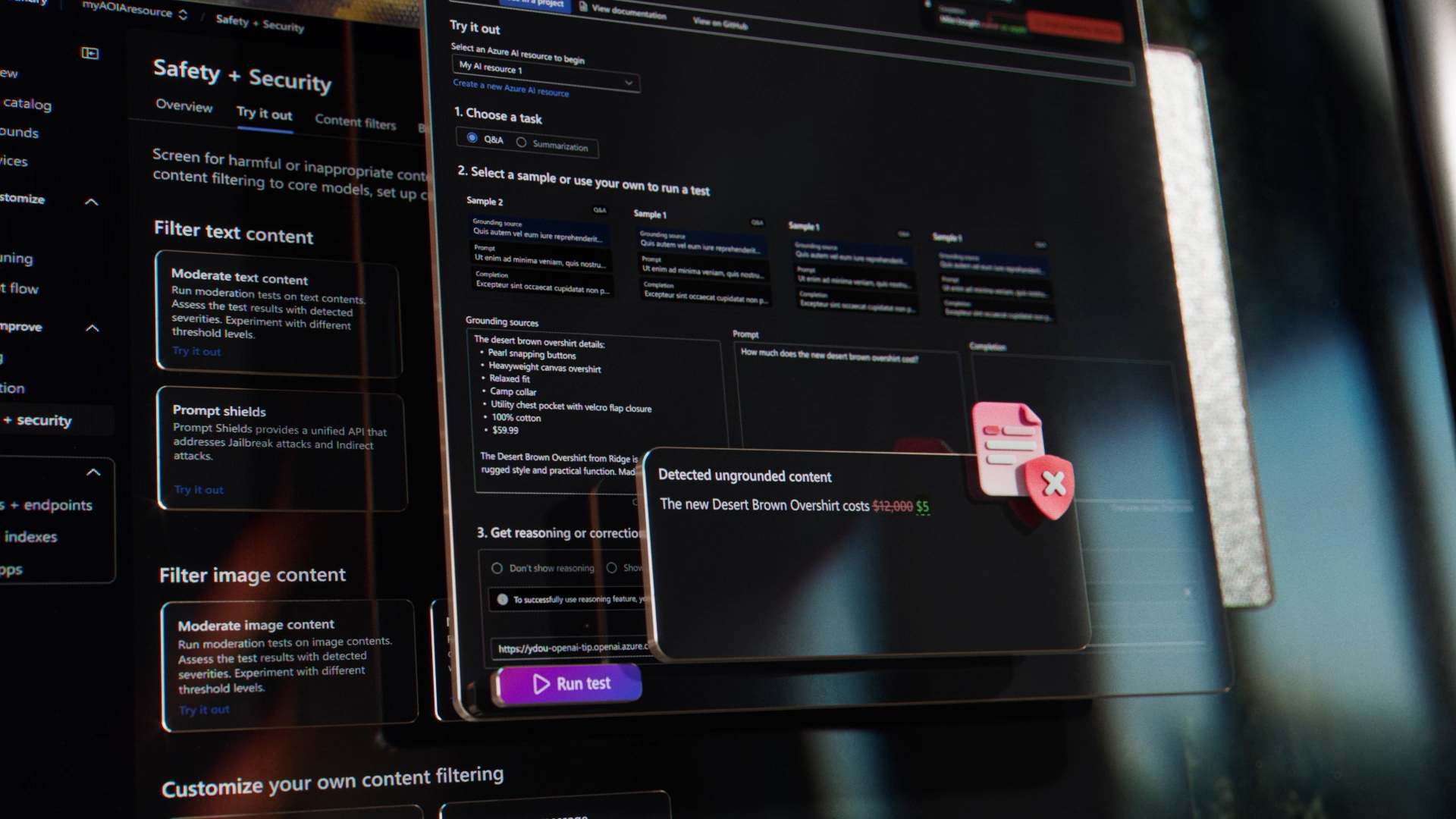
Enterprises can correct AI model data within Azure AI Foundry.
The new platform will also help IT leaders measure how these new AI implementations are benefitting their business, Microsoft claimed, helping them drive adoption, align the technologies to organizational goals, and get board members onside for further investment.
RELATED WHITEPAPER
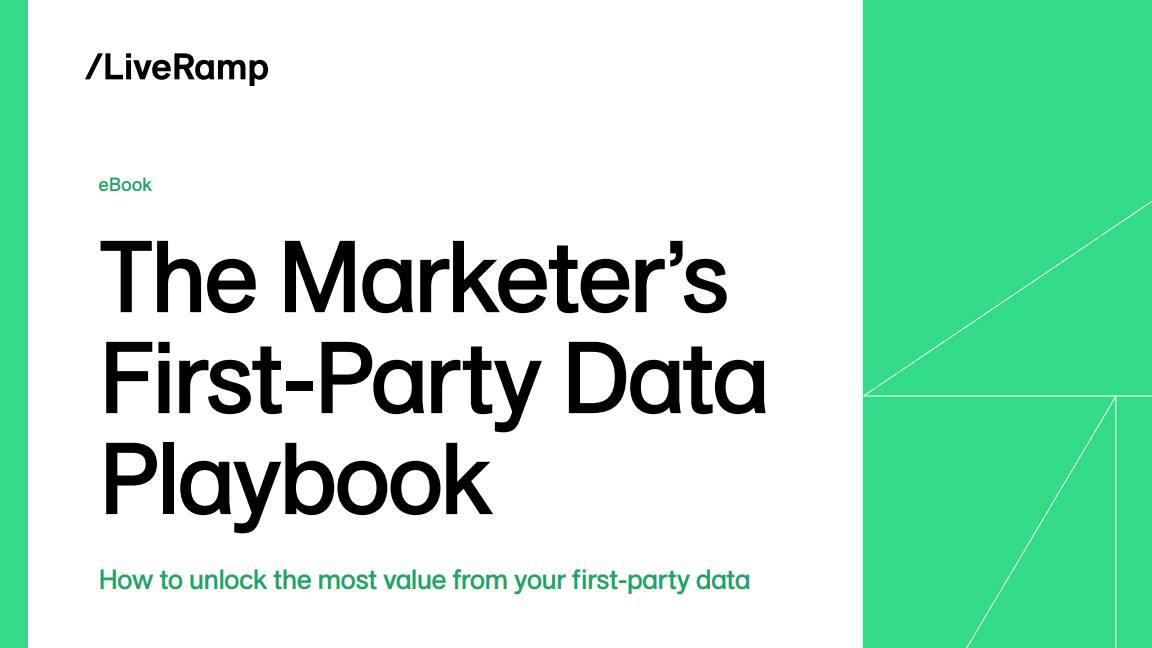
Azure AI Foundry will also bring an update to Microsoft’s Azure Essentials documentation with comprehensive guidance for AI adoption and architecture to help scale AI adoption in your organization.
This will include access to Microsoft’s best practices, product experiences, reference architectures, skilling, and resources, from a single location.
“Azure AI Foundry is designed to empower your entire organization—developers, AI engineers, and IT professionals—to customize, host, run, and manage AI solutions with greater ease and confidence,” Microsoft explained.
“This unified approach simplifies the development and management process, helping all stakeholders focus on driving innovation and achieving strategic goals.”

Solomon Klappholz is a former staff writer for ITPro and ChannelPro. He has experience writing about the technologies that facilitate industrial manufacturing, which led to him developing a particular interest in cybersecurity, IT regulation, industrial infrastructure applications, and machine learning.
-
 Geekom Mini IT13 Review
Geekom Mini IT13 ReviewReviews It may only be a mild update for the Mini IT13, but a more potent CPU has made a good mini PC just that little bit better
By Alun Taylor
-
 Why AI researchers are turning to nature for inspiration
Why AI researchers are turning to nature for inspirationIn-depth From ant colonies to neural networks, researchers are looking to nature to build more efficient, adaptable, and resilient systems
By David Howell
-
 Third time lucky? Microsoft finally begins roll-out of controversial Recall feature
Third time lucky? Microsoft finally begins roll-out of controversial Recall featureNews The Windows Recall feature has been plagued by setbacks and backlash from security professionals
By Emma Woollacott
-
 Microsoft launches new security AI agents to help overworked cyber professionals
Microsoft launches new security AI agents to help overworked cyber professionalsNews Microsoft is expanding its Security Copilot service with new AI agents to help overworked IT teams deal with surging security threats.
By Bobby Hellard
-
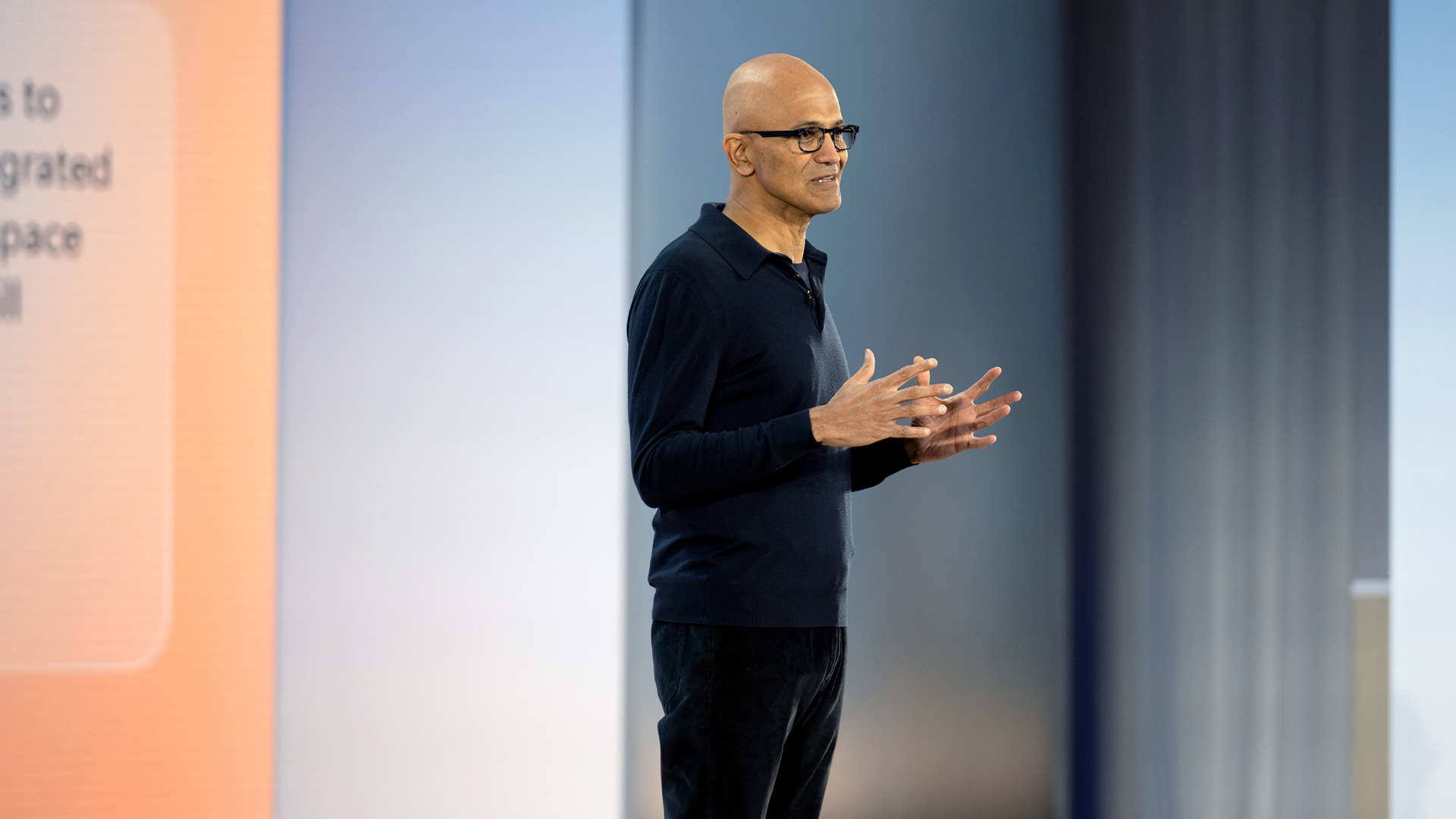 ‘The entire forecasting business process changed’: Microsoft CEO Satya Nadella says Excel changed the game for enterprises in 1985 – he’s confident AI tools will do the same
‘The entire forecasting business process changed’: Microsoft CEO Satya Nadella says Excel changed the game for enterprises in 1985 – he’s confident AI tools will do the sameNews The Microsoft CEO says we need to change how we measure the value of AI
By George Fitzmaurice
-
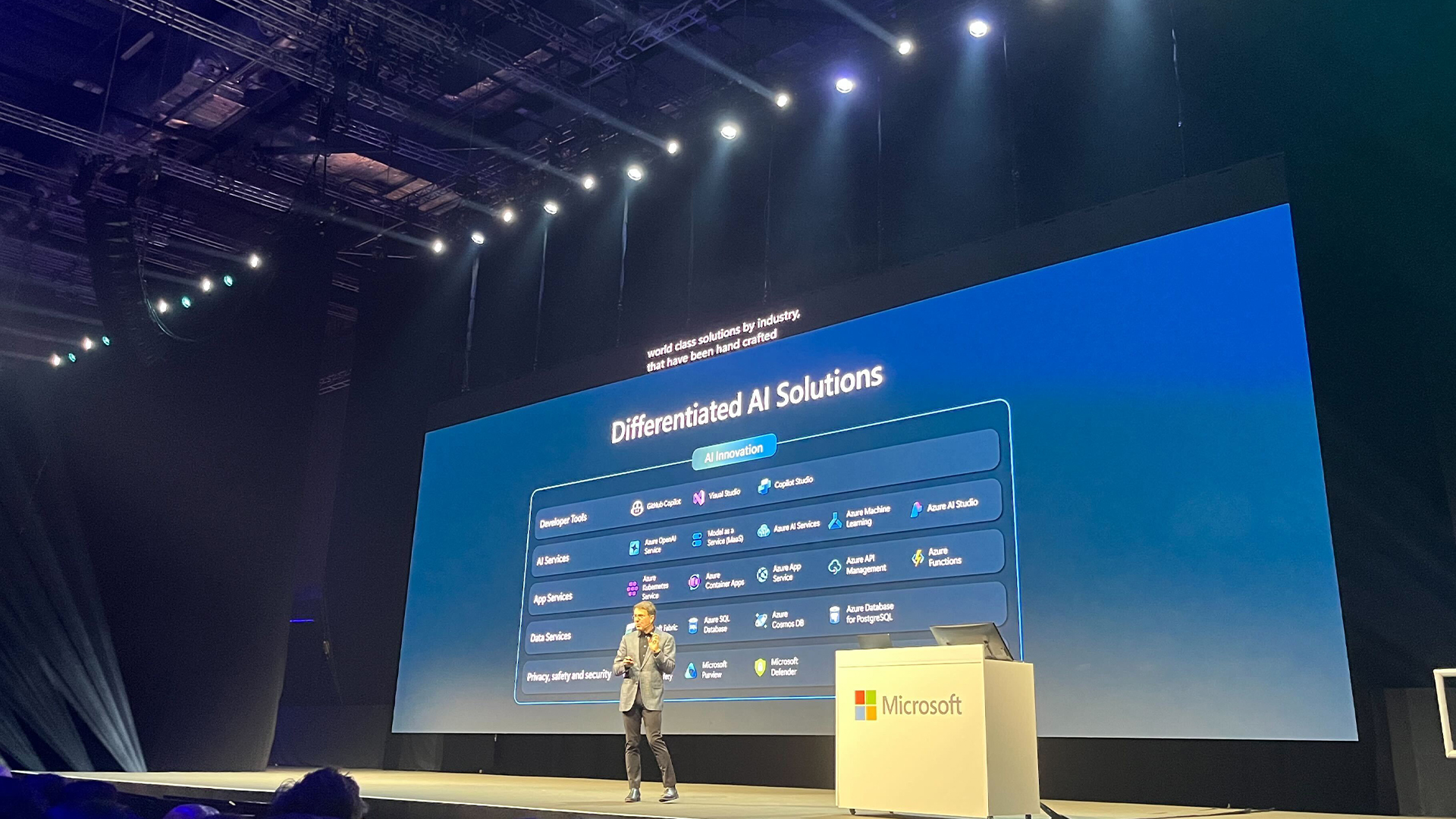 Microsoft exec touts benefits of AI productivity gains
Microsoft exec touts benefits of AI productivity gainsNews Microsoft CCO Judson Althoff said the company is unlocking significant efficiency gains from AI tools internally.
By George Fitzmaurice
-
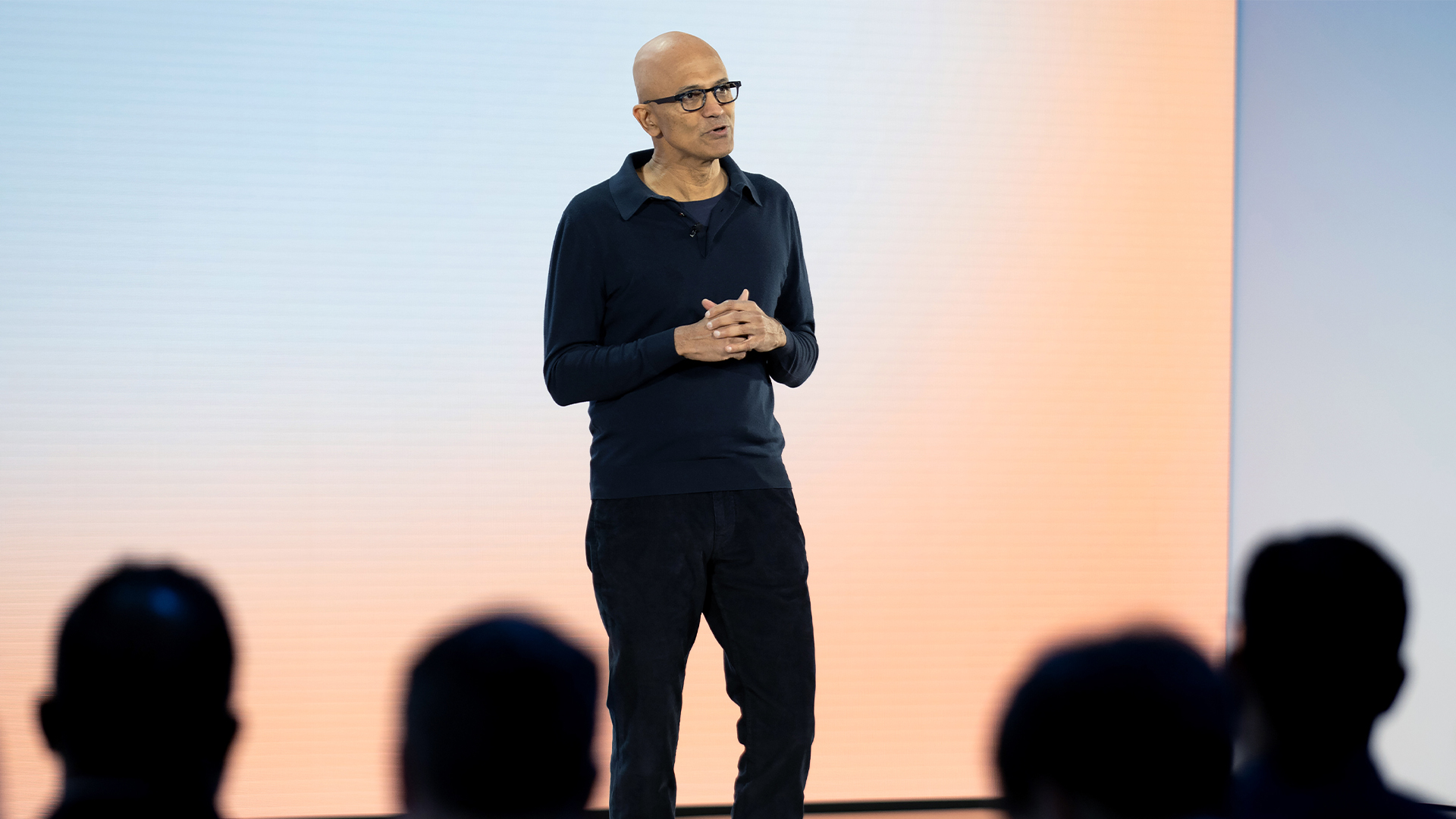 ‘We’ve created an entirely new state of matter’: Satya Nadella hails Microsoft’s 'Majorana' quantum chip breakthrough
‘We’ve created an entirely new state of matter’: Satya Nadella hails Microsoft’s 'Majorana' quantum chip breakthroughNews Microsoft has unveiled a new chip it says could deliver quantum computers with real-world applications in ‘years, not decades'.
By Emma Woollacott
-
 Microsoft says AI tools such as Copilot or ChatGPT are affecting critical thinking at work – staff using the technology encounter 'long-term reliance and diminished independent problem-solving'
Microsoft says AI tools such as Copilot or ChatGPT are affecting critical thinking at work – staff using the technology encounter 'long-term reliance and diminished independent problem-solving'News Research from Microsoft suggests that the increased use of AI tools at work could impact critical thinking among employees.
By Nicole Kobie
-
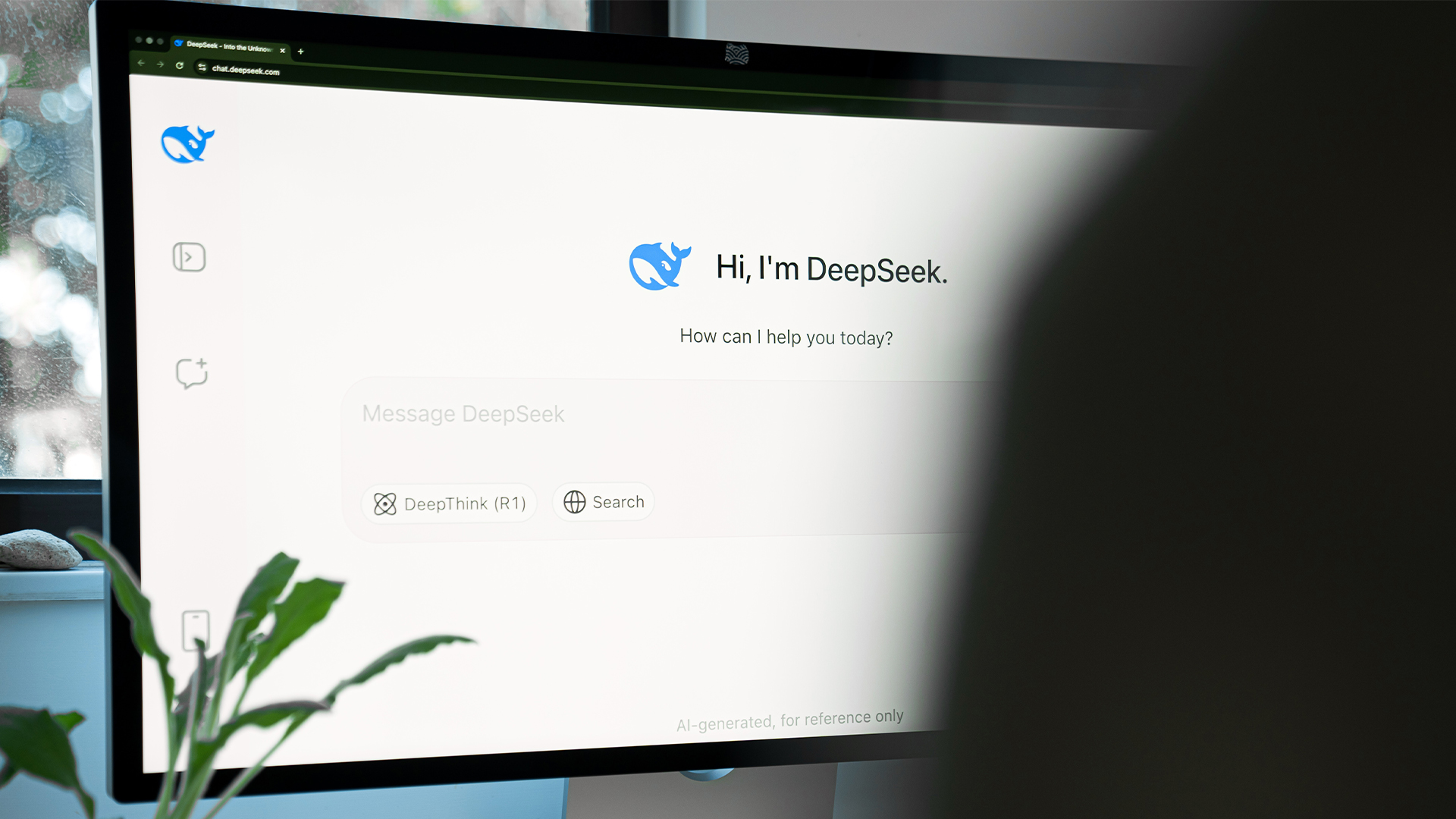 The DeepSeek bombshell has been a wakeup call for US tech giants
The DeepSeek bombshell has been a wakeup call for US tech giantsOpinion Ross Kelly argues that the recent DeepSeek AI model launches will prompt a rethink on AI development among US tech giants.
By Ross Kelly
-
 OpenAI unveils its Operator agent to help users automate tasks – here's what you need to know
OpenAI unveils its Operator agent to help users automate tasks – here's what you need to knowNews OpenAI has made its long-awaited foray into the AI agents space
By Nicole Kobie